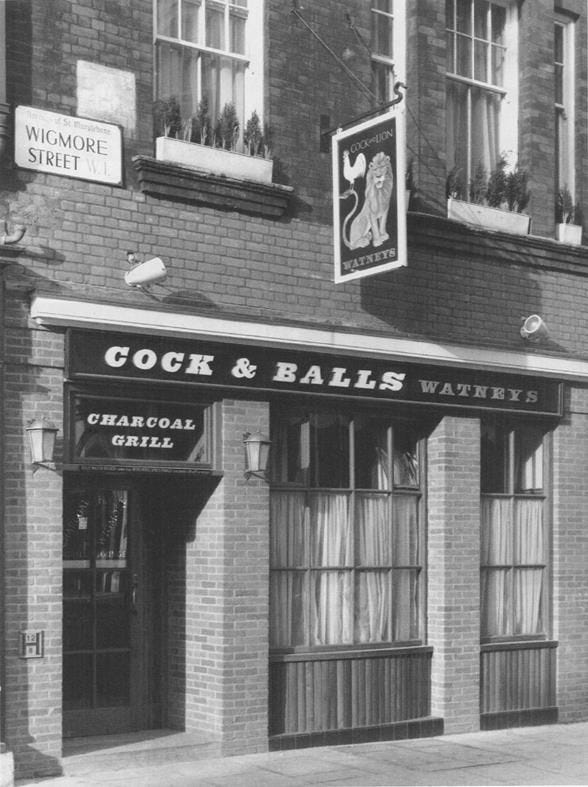how not to move to the suburbs
plus a play i loved but definitely did not review because i'm not a critic
A few years ago, I made a conscious decision to start going to the theatre more often. I became a “young patron” of the National Theatre, which for a modest annual fee entitled me to advance discounted tickets but also committed me to booking more often to justify the membership cost. I did so because I like theatre. And also because I like leaving the house in the evening — occasionally for a reason that does not revolve exclusively around small talk and drink. Mostly though, I did so because I live in London and I had no plans to live anywhere else.
One of the few useful things I have learned in nearly twenty years of living here is that if you go too long without “using the city” (bourgeois parlance for urban cultural appreciation) you will end up wondering why the hell you live in London at all. This is especially true if you are married, a parent, a dog-owner or all of the above. If you don’t go out and do stuff — by which I mean cool stuff you really honestly can’t do anywhere else — you will slowly but surely begin yearning for a semi-detached suburban villa near a top-rated grammar school in Kent. You might think I’m exaggerating, but trust me, I’ve seen it happen to the best minds of my generation. I did not want to succumb to the sanity and comfort. I am not a practical person. So off to the theatre I went.
London today, broadly speaking, is much the same sort of place it’s been for most of recorded human history — by which I mean it’s ancient and filthy, splendid and vile, sprawling, astonishing, extortionate and damp. On any given day of the week, you can walk its streets and witness the most astonishing acts of kindness and cruelty. People are cranky and funny and constantly in a hurry. If it doesn’t rain for a stretch of three days or more, a heart-sinking beige scrim settles on the windows of parked cars onto which school boys finger-sketch the unofficial symbol of continuity and resilience: a spurting cock and balls. Like most big cities London is rife with petty crime and dog shit and constant reminders of how much better, easier and more pleasurable your life might be if you were wildly, stupidly rich (or just richer than you are). Basically the city is like a party. There are marvellous people to meet and things to see but also a great deal of open pissing and vomiting. The place is teeming, the comers keep coming, and the host is desperately trying to keep down capacity down by encouraging guests to leave of their own volition, which mostly they do because the majority of people are practical and sane.
Staying here is easy: Just sit on your arse. Staying and actively loving it requires commitment and energy and imagination. But beyond housing, food and clothing, one thing it does not require a huge amount of cash. One of the greatest unsung things about London is how much of its riches can be experienced inexpensively or entirely for free. The major museums and permanent art collections, the markets, the mummies, the festivals, palaces, the marbles, the tidal river, the Heath. The theatre costs money, but not much if you’re committed to memberships and rush seats.
So I go and I go. But in truth, more often than not, I’m left lukewarm at best. Mostly I’m like, ‘Hmm meh… well at least I got to catch up with Daisy.’ I’m not saying that as a critic (which I am not) but a lay person. But let’s face it: compared to movies and streamed telly, live theatre is expensive, exhausting and even in London the truth is, a lot of it’s just not good enough to justify the price of the ticket and the exhausting tube ride home.
And then, every once in a while I go see a play that knocks me sideways — and suddenly I remember why I go. Because seeing a great play is nothing short of spectacular. It’s the experience of being absorbed into a story, a human-made wonder…. a dazzling connection with the pleasure called art.
I’m convinced it’s these rare and thrilling communions that float the entire live entertainment industry in big exhausting cities like my own. Talk to any committed “patron” of opera, dance, comedy, music or visual art, and you’ll hear them say the same thing. You go and you go and you go and it’s fine, you’re an enthusiast, a fan, whatever, it’s just what you do… and then once in a blue moon you experience a moment of abundance, transcendence. You witness something in real time, a tangible, magical happening that can never be recorded or repeated — and it’s sublime. This is the power of all art but of live performance in particular. It’s why, despite the pandemic, despite all the recording technology in the world, the great real life carnival simply will not die.
Let me tell you about this play.
Keep reading with a 7-day free trial
Subscribe to Juvenescence with Leah McLaren to keep reading this post and get 7 days of free access to the full post archives.



